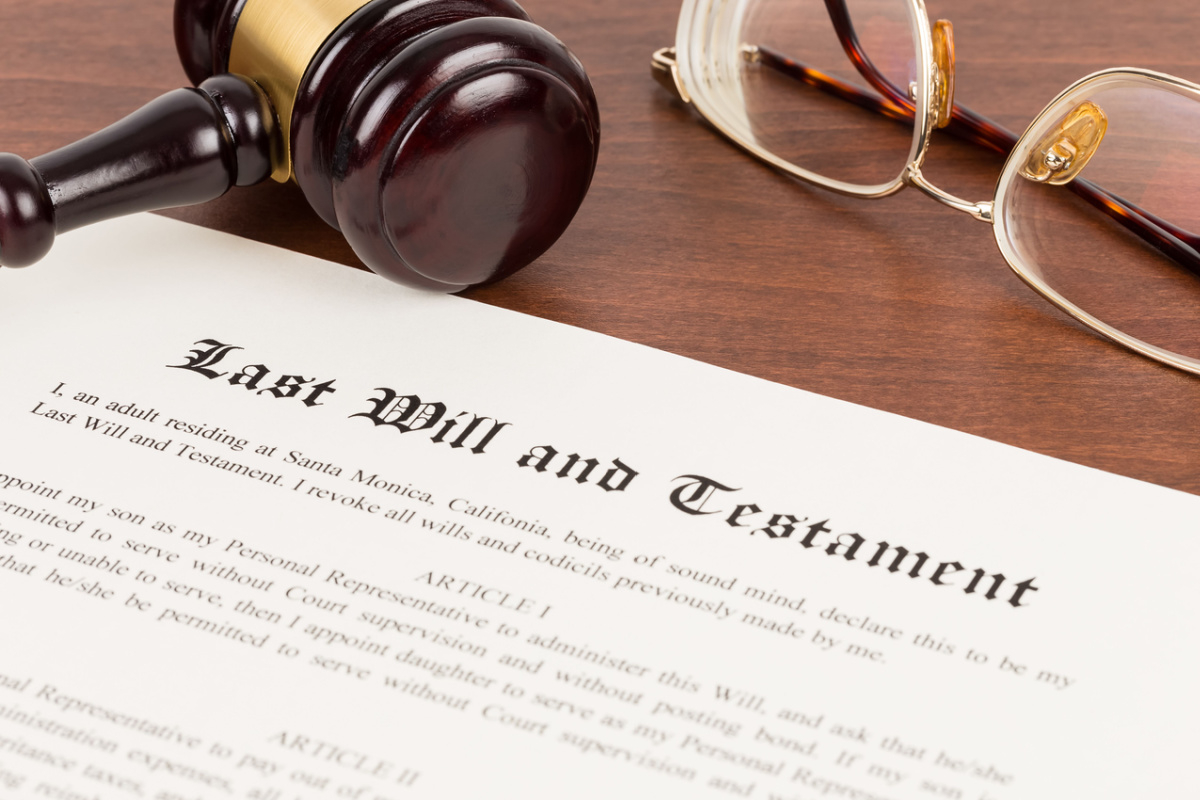Estate planning is a crucial process that allows individuals to determine how their assets and properties will be managed, preserved, and distributed during their lifetime and after their passing. It involves creating a comprehensive plan that covers various aspects, including the allocation of assets, guardianship of minor children, healthcare decisions, and more.
Table of Contents
- The Importance of Estate Planning
- Key Components of Estate Planning
- Estate Planning Process Step-by-Step
- Common Misconceptions about Estate Planning
- Frequently Asked Questions (FAQs)
- Securing Your Future with Ace Lakhani Law Firm
The Importance of Estate Planning
Estate planning is not only for the wealthy or elderly; it is a vital step for individuals from all walks of life. By engaging in estate planning, you take control of your future and ensure that your assets are distributed according to your wishes. Here are some key reasons why estate planning is crucial:
- Asset Distribution: Estate planning allows you to determine who will inherit your assets and in what proportions. This ensures that your loved ones are taken care of and that your assets are distributed as per your wishes.
- Minor Children’s Guardianship: Estate planning enables you to appoint a guardian for your minor children in case of your untimely demise. This ensures that your children are raised by someone you trust and deem suitable.
- Avoiding Probate: Proper estate planning can help your loved ones avoid the probate process, which can be time-consuming and expensive. By establishing trusts and other estate planning tools, you can simplify the distribution of assets and minimize the administrative burdens.
- Tax Planning: Estate planning allows you to minimize the tax burden on your estate and maximize the value of assets passed on to your beneficiaries. With effective tax planning strategies, you can potentially reduce estate taxes and preserve more wealth for future generations.
Key Components of Estate Planning
Effective estate planning involves several essential components that work together to create a comprehensive plan tailored to your specific needs. Let’s explore these key components:
- Will
A will is a legal document that outlines your final wishes regarding asset distribution, guardianship of minor children, and the appointment of an executor to administer your estate. It is a fundamental component of estate planning as it ensures your intentions are carried out after your passing.
- Trusts
Trusts are versatile estate planning tools that offer various benefits, such as avoiding probate, preserving privacy, and providing greater control over asset distribution. They can be revocable or irrevocable and are commonly used to manage assets during your lifetime and transfer them to beneficiaries upon your death.
- Power of Attorney
A power of attorney is a legal document that grants authority to a designated individual (known as an agent or attorney-in-fact) to make financial or legal decisions on your behalf if you become incapacitated or unable to manage your affairs. This ensures that your financial matters are handled according to your wishes.
- Advanced Healthcare Directive
An advanced healthcare directive, also known as a living will or healthcare power of attorney, allows you to express your preferences regarding medical treatments and end-of-life care. It enables you to appoint a trusted person to make healthcare decisions on your behalf if you are unable to do so.
Estate Planning Process Step-by-Step
The estate planning process can be broken down into several key steps to ensure a comprehensive and effective plan. Here’s an overview of the process:
- First: Identifying Your Assets and Liabilities
The first step in estate planning is to take stock of your assets, including bank accounts, investments, real estate, business interests, and personal belongings. Additionally, you should consider your liabilities, such as mortgages, loans, and credit card debt. This inventory helps determine the scope of your estate and aids in the decision-making process.
- Second: Setting Goals and Objectives
Next, establish your goals and objectives for estate planning. Do you want to ensure the financial security of your loved ones? Are you concerned about minimizing estate taxes? By clearly defining your objectives, you can work with your estate planning attorney to develop a strategy that aligns with your vision.
- Third: Choosing the Right Estate Planning Tools
Based on your goals, your attorney will guide you in selecting the appropriate estate planning tools. This may involve drafting a will, establishing trusts, creating powers of attorney, and developing healthcare directives. Each tool serves a specific purpose and contributes to the overall effectiveness of your estate plan.
- Fourth: Drafting and Executing the Estate Plan
Once the necessary components are identified, your attorney will draft the legal documents that reflect your intentions and wishes. It is crucial to review these documents carefully and make any necessary revisions. After finalizing the plan, you will sign the documents in the presence of witnesses and a notary to ensure their legal validity.
- Fifth: Periodic Review and Updating
Estate planning is not a one-time event. As your life circumstances change, such as marriage, divorce, the birth of children, or significant financial changes, it is important to review and update your estate plan accordingly. Regularly consulting with your estate planning attorney ensures that your plan remains current and effective.
Common Misconceptions about Estate Planning
To dispel some common misconceptions about estate planning, let’s address a few key points:
Estate Planning is Only for the Wealthy
Estate planning is beneficial for individuals of all income levels. Regardless of the size of your estate, having a plan in place ensures that your assets are distributed according to your wishes and that your loved ones are protected.
Estate Planning is Only for the Elderly
While estate planning becomes more critical as you age, it is never too early to start. Accidents or unexpected illnesses can happen at any age, making it essential to have a plan in place to protect your interests and the well-being of your loved ones.
Estate Planning is a One-Time Event
Estate planning should be seen as an ongoing process. Life circumstances change, and your estate plan should reflect those changes. Regular reviews and updates are necessary to ensure your plan remains relevant and effective.
Estate Planning is Only About Money and Assets
Estate planning encompasses more than just financial matters. It includes decisions about healthcare, guardianship of minor children, and end-of-life care. By addressing these aspects, you can provide clear guidance and peace of mind to your loved ones.
Frequently Asked Questions (FAQs)
- What is the role of a lawyer in estate planning?
A Las Vegas lawyer specializing in estate planning plays a crucial role in helping you navigate the complex legal landscape. They provide expert advice, draft necessary documents, ensure compliance with applicable laws, and guide you through the entire estate planning process.
- How much does estate planning cost?
The cost of estate planning varies depending on the complexity of your estate and the specific services required. It is best to consult with an estate planning attorney to discuss your needs and obtain a personalized cost estimate.
- Is estate planning necessary if I don’t have many assets?
Yes, estate planning is still necessary even if you have few assets. Regardless of the size of your estate, having a plan in place ensures that your wishes are honored, your loved ones are taken care of, and potential conflicts or legal complications are minimized.
- Can I update my estate plan in the future?
Yes, you can and should update your estate plan as needed. Life events such as marriage, divorce, births, deaths, or significant changes in financial circumstances may require revisions to your plan. Regular reviews and updates are essential to keep your estate plan current and aligned with your goals.
- What happens if I die without an estate plan?
Dying without an estate plan means your assets will be distributed according to state intestacy laws, which may not align with your preferences. The probate court will appoint an administrator, and the distribution process may be subject to delays, expenses, and disputes among family members. Having an estate plan in place ensures that your wishes are followed and simplifies the asset distribution process.
Securing Your Future with Ace Lakhani Law Firm
Estate planning is a crucial step in securing your future and ensuring that your assets are distributed according to your wishes. By engaging in estate planning, you take control of your legacy and protect your loved ones from unnecessary complications. Ace Lakhani Law Firm is here to guide you through the estate planning process with expertise and compassion. Call us at 702.814.4000 or fill out our contact form here to learn more about our estate planning services and schedule a consultation. Take the first step towards peace of mind and a secure future for you and your loved ones.






